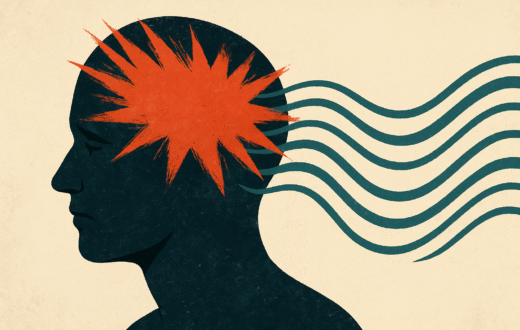Why We Struggle to Retain New Information

You’ve just wrapped up an inspiring podcast, an eye-opening article, or a thought-provoking training session. It made perfect sense. You were hooked. You even told yourself, “I’ll never forget this”.
But a few days go by, and… it’s mostly gone.
This doesn’t mean you weren’t focused or that your memory is failing. On the contrary, your brain is doing what it’s designed to do.
Understanding the Learning and Forgetting Curves
Most people are familiar with the concept of the learning curve—how we gradually improve with practice. But few are aware of its counterpart: the forgetting curve.
First described by German psychologist Hermann Ebbinghaus in the late 1800s, the forgetting curve maps how quickly we lose newly acquired information. His studies revealed that nearly half of what we learn is forgotten within an hour, and up to 90% may vanish within a week unless it’s reinforced.
This is not a modern problem. Ancient texts have long warned of the importance of review and repetition. In today’s fast-paced digital world, where information flows nonstop, the risk of forgetting is even higher.
Why the Brain Lets Go of Information
Our brains aren’t built to absorb massive amounts of data passively. Constant multitasking—jumping from article to video to message—leaves little time for deeper thinking or connection-making.
According to Brazilian educator Paulo Freire’s “banking model,” if learners are treated like containers for information, but never given tools to organize or apply it, they’ll struggle to recall it later. Learning needs to be active and meaningful to stick.
Strategies to Strengthen Memory Retention
Here are four science-backed methods to help you remember more of what you learn:
- Rephrase It in Your Own Words
As soon as you can—ideally within an hour—summarize the main ideas in your own language. This forces you to process the information instead of passively consuming it. - Pause to Reflect
Before diving into the next thing, take a moment to ask: What stood out? How does this relate to what I already know? How could I use this knowledge? These brief reflections help anchor the learning. - Put It Into Practice
Use the knowledge. Explain it to someone else. Apply it in a real-life scenario. Action turns abstract ideas into personal experience, locking them into your long-term memory. - Use Tech to Reinforce
While screens often distract us, the right tools can also support learning. AI-powered apps can quiz you, generate summaries, or remind you to review key points at just the right moment—before they slip away.
Make Learning Stick
True learning doesn’t end with exposure—it starts there. It takes reflection, repetition, and real-world use to make information last.
So next time you finish reading something interesting, don’t just move on. Pause. Summarize. Reflect. Apply. Repeat.
That’s how you beat the forgetting curve.





